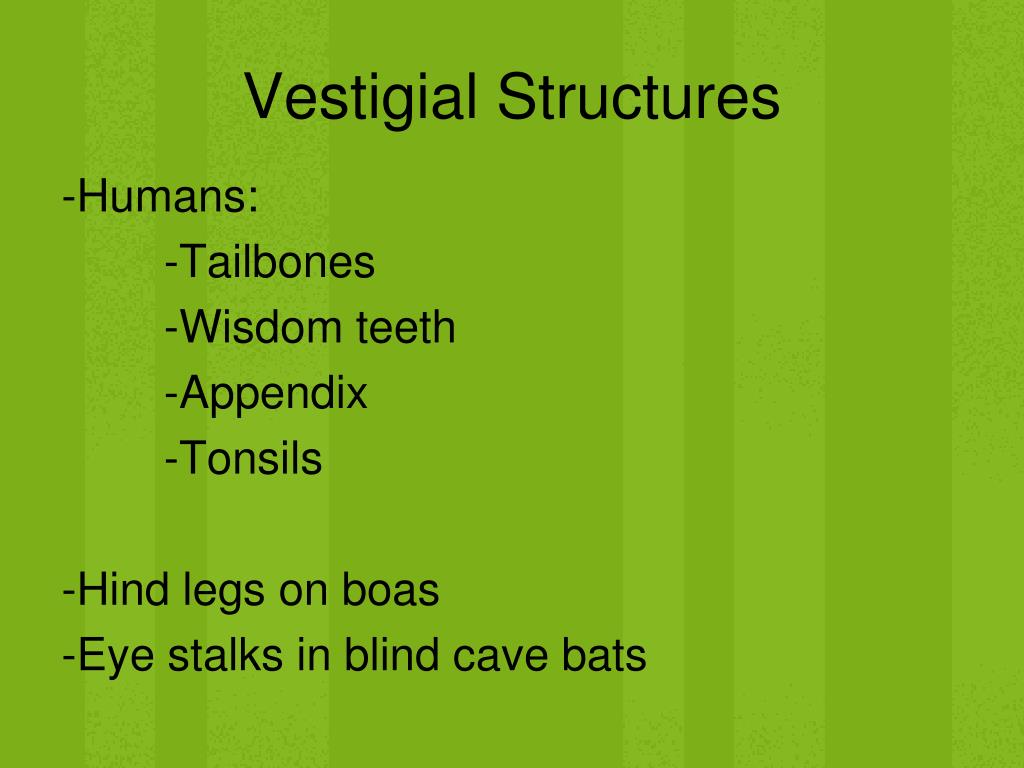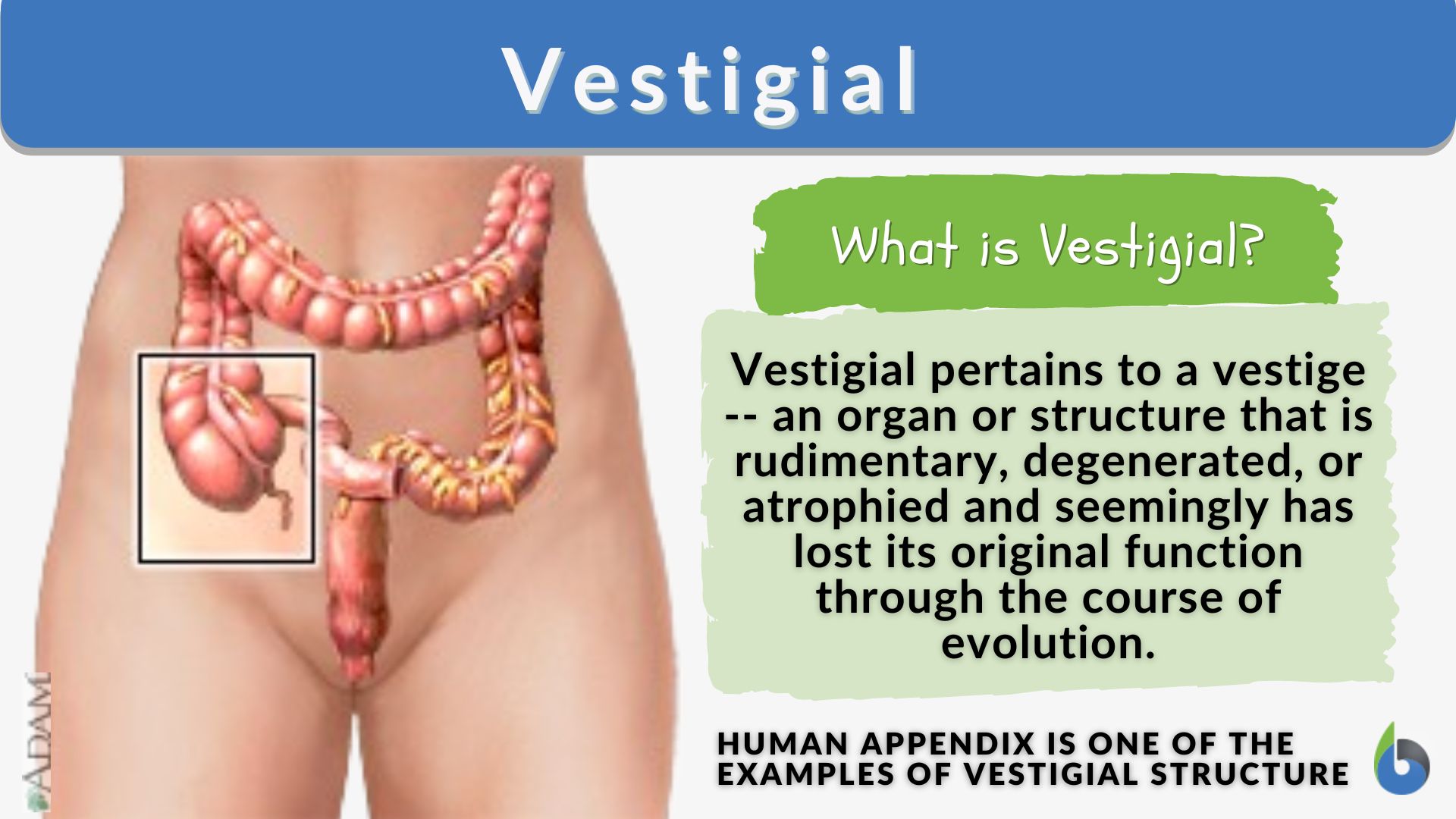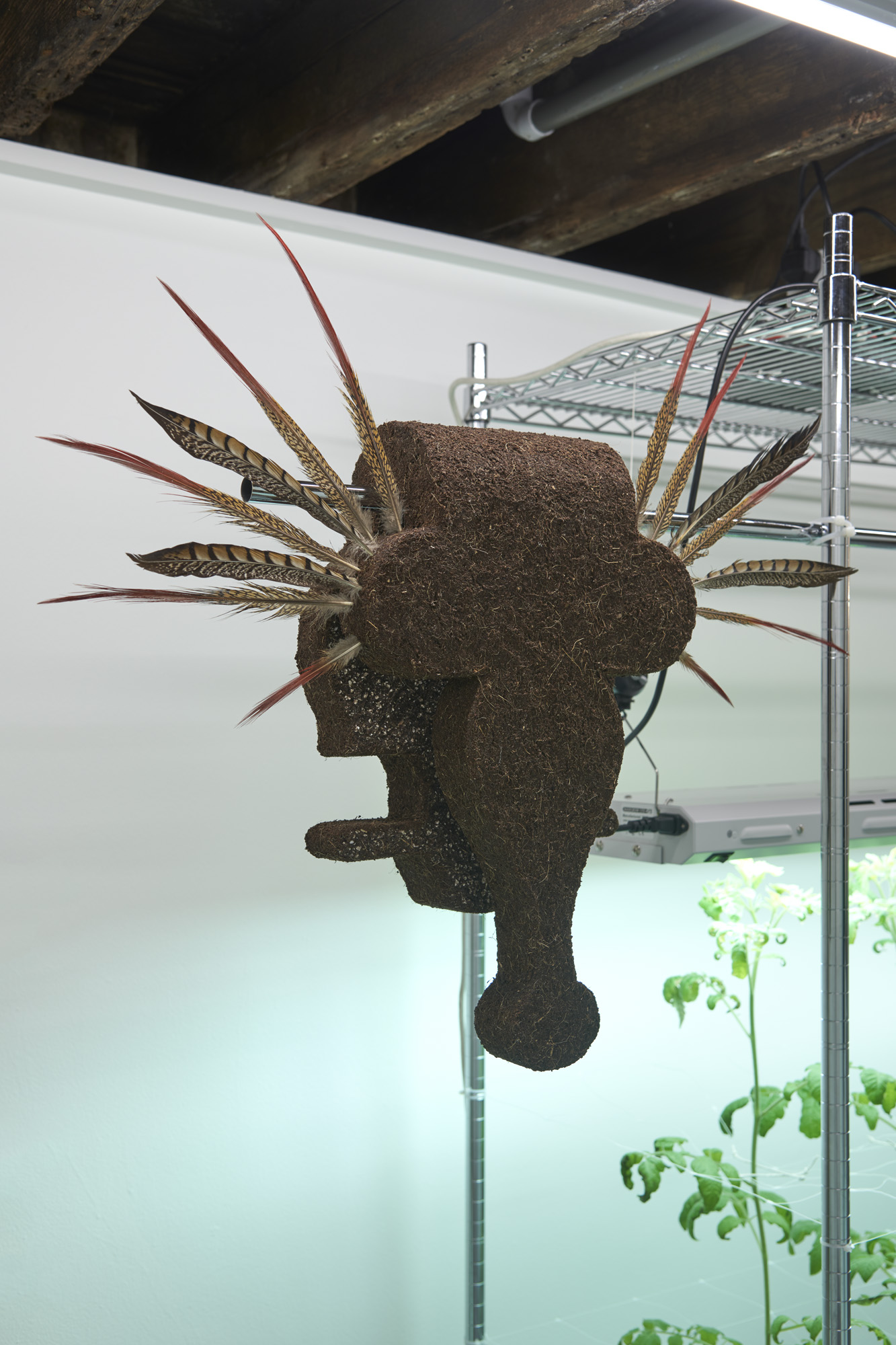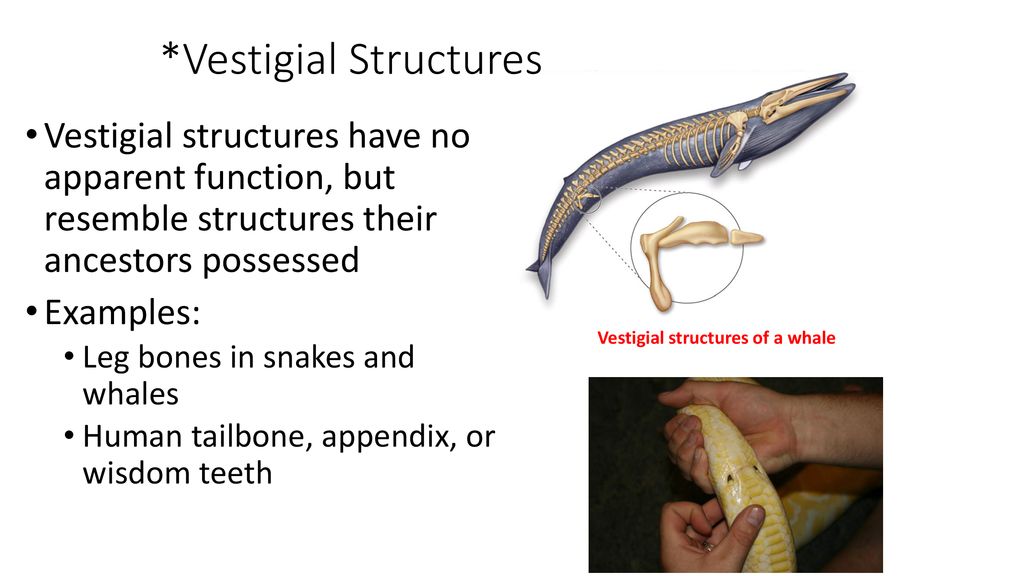The existence of vestigial traits can be attributed to changes in the environment and behavior patterns of the organism in question. As the function of the trait is no longer beneficial for survival, the likelihood that future offspring will inherit the “normal” form of it decreases. … Accessibility Statement
True or false? Some traits are considered vestigial because they … | Channels for Pearson+
Question Asked by Which statement about vestigial traits is correct? Humans lack… Which statement about vestigial traits is correct? Science Biology Answer & Explanation Unlock full access to Course Hero Explore over 16 million step-by-step answers from our library Get answer Our verified expert tutors typically answer within 15-30 minutes.

Source Image: teacherspayteachers.com
Download Image
A vestigial trait is an attribute that has lost its function but has been retained through evolution. Examples include the formation of goose bumps in humans and pelvic remnants in boas and pythons. A change in the DNA sequence (genome) of a cell is a mutation. A trait that makes an organism better suited for a habitat is an adaption.

Source Image: slideserve.com
Download Image
Test Your knowledge about Vestigial Structures Quiz – Trivia & Questions Expert verified False. The main reason traits are considered vestigial is due to their loss or reduction of function over time through evolution, rather than simply their existence in the distant past. See the step by step solution Step by step solution TABLE OF CONTENTS Step 1: Define vestigial traits

Source Image: chegg.com
Download Image
Which Statement About Vestigial Traits Is Correct
Expert verified False. The main reason traits are considered vestigial is due to their loss or reduction of function over time through evolution, rather than simply their existence in the distant past. See the step by step solution Step by step solution TABLE OF CONTENTS Step 1: Define vestigial traits Oct 31, 2023In some cases the structure becomes detrimental to the organism. Figure 18.5H. 1 18.5 H. 1: Whale Skeleton: The pelvic bones in whales are also a good example of vestigial evolution (whales evolved from four-legged land mammals and secondarily lost their hind legs). Letter c in the picture indicates the undeveloped hind legs of a baleen whale.
Solved Which statement about vestigial traits is | Chegg.com
ANSWER: a. All species can be organized into a sequence of increasing complexity. b. Species do not change over time. c. Variation among individuals in a species is real and important. d. A single perfect specimen can represent a species. c Which of the following statements is correct? a. Vestigial – Definition and Examples – Biology Online Dictionary

Source Image: biologyonline.com
Download Image
Vestigial Traits and Evolutionary Spandrels – Kelder Projects ANSWER: a. All species can be organized into a sequence of increasing complexity. b. Species do not change over time. c. Variation among individuals in a species is real and important. d. A single perfect specimen can represent a species. c Which of the following statements is correct? a.

Source Image: kelderprojects.com
Download Image
True or false? Some traits are considered vestigial because they … | Channels for Pearson+ The existence of vestigial traits can be attributed to changes in the environment and behavior patterns of the organism in question. As the function of the trait is no longer beneficial for survival, the likelihood that future offspring will inherit the “normal” form of it decreases. … Accessibility Statement

Source Image: pearson.com
Download Image
Test Your knowledge about Vestigial Structures Quiz – Trivia & Questions A vestigial trait is an attribute that has lost its function but has been retained through evolution. Examples include the formation of goose bumps in humans and pelvic remnants in boas and pythons. A change in the DNA sequence (genome) of a cell is a mutation. A trait that makes an organism better suited for a habitat is an adaption.

Source Image: proprofs.com
Download Image
How come human beings come to know dinosaurs if humans did not meet them? – Quora Vestigiality is the retention, during the process of evolution, of genetically determined structures or attributes that have lost some or all of the ancestral function in a given species. [1] Assessment of the vestigiality must generally rely on comparison with homologous features in related species.
Source Image: quora.com
Download Image
78 Analogous, homologous, and vestigial structures – ppt download Expert verified False. The main reason traits are considered vestigial is due to their loss or reduction of function over time through evolution, rather than simply their existence in the distant past. See the step by step solution Step by step solution TABLE OF CONTENTS Step 1: Define vestigial traits

Source Image: slideplayer.com
Download Image
AnatomyAndPhysiology › Here are ten vestigial traits and behaviors you knew you have but have no idea why. Oct 31, 2023In some cases the structure becomes detrimental to the organism. Figure 18.5H. 1 18.5 H. 1: Whale Skeleton: The pelvic bones in whales are also a good example of vestigial evolution (whales evolved from four-legged land mammals and secondarily lost their hind legs). Letter c in the picture indicates the undeveloped hind legs of a baleen whale.

Source Image: tfactionary.com
Download Image
Vestigial Traits and Evolutionary Spandrels – Kelder Projects
AnatomyAndPhysiology › Here are ten vestigial traits and behaviors you knew you have but have no idea why. Question Asked by Which statement about vestigial traits is correct? Humans lack… Which statement about vestigial traits is correct? Science Biology Answer & Explanation Unlock full access to Course Hero Explore over 16 million step-by-step answers from our library Get answer Our verified expert tutors typically answer within 15-30 minutes.
Test Your knowledge about Vestigial Structures Quiz – Trivia & Questions 78 Analogous, homologous, and vestigial structures – ppt download Vestigiality is the retention, during the process of evolution, of genetically determined structures or attributes that have lost some or all of the ancestral function in a given species. [1] Assessment of the vestigiality must generally rely on comparison with homologous features in related species.